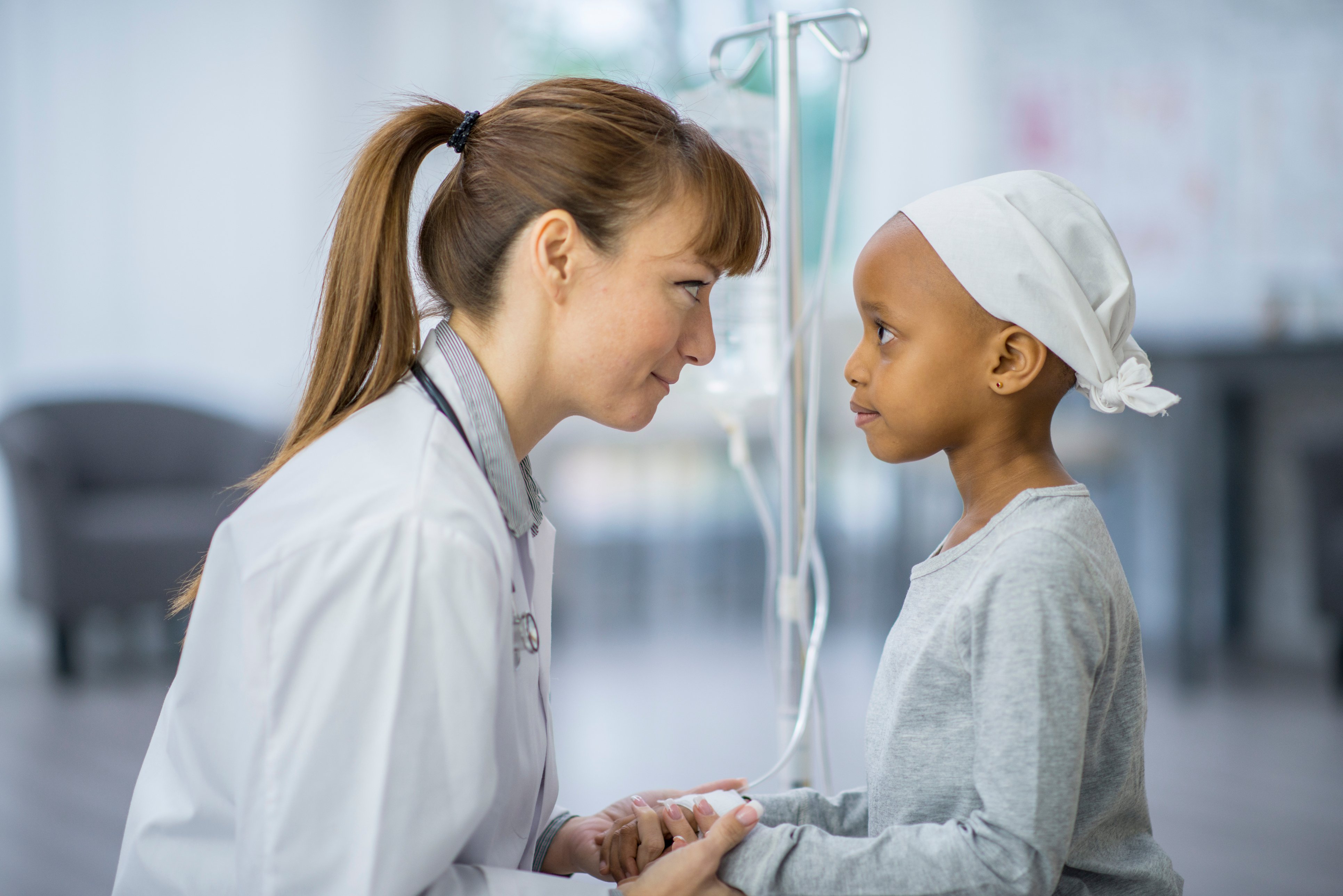While being treated for leukemia, your child will take many different medications, during different stages of chemotherapy.
Chemotherapeutic drugs work by targeting the leukemic cells inside your child’s blood, bone marrow or cerebrospinal fluid (CSF). While they are effective at killing the cancer cells, they may also cause side effects. Not all children will experience every side effect listed for each medicine.
Here are some points to keep in mind during your child’s treatment.
- Keep a list of all medications your child is on and show the list to the doctor or pharmacist.
- Do not share your child’s medicine with others. Do not give anyone else’s medicine to your child.
- Check with your child’s doctor or pharmacist before giving your child any other medicines. These include prescription, non-prescription, herbal, or natural products.
- Do not keep any medicines that are out of date. Check with your pharmacist about the best way to throw away outdated or leftover medicines.
- Do not give your child drugs containing acetylsalicylic acid (ASA) without talking to your doctor. Many non-prescription drugs contain ASA, such as aspirin and some cold medications.
- Acetaminophen (Tylenol) is sometimes needed to manage pain or fever. It is important to be aware that acetaminophen could mask a fever that could go unnoticed. Check your child’s temperature before giving them acetaminophen. Allow the first dose of medication to wear off before you give more.
- Ibuprofen (Advil) is not recommended for children with leukemia because it may affect their platelet function.
- Ask your pharmacist if you have questions or concerns when choosing non-prescription medicines.
- Keep all medications out of your child’s sight and reach and locked up in a safe place. If your child takes a larger dose than they should have, call your primary doctor, nurse, or the hematology/oncology service at your hospital. If none are available, call the Poison Information Centre for your region.

